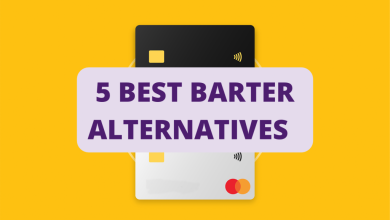The Pros and Cons of Different Business Structures

Starting a business can be an exciting and daunting experience. One of the critical decisions that entrepreneurs must make is selecting a business structure. The type of business structure chosen can have a significant impact on various aspects of the business, including legal liability, tax implications, and management flexibility. This blog post will explore the pros and cons of different business structures to help entrepreneurs make an informed decision.
1. Sole Proprietorship
A sole proprietorship is the simplest and most common form of business structure. It is a one-person business, where the owner is responsible for all the decisions, debts, and obligations of the company. The main advantage of a sole proprietorship is that it is easy and inexpensive to set up and operate. The owner also has complete control over the business, and all profits are taxed as personal income.
However, a significant drawback of a sole proprietorship is that the owner is personally liable for any debts or legal issues that the business may face. This means that if the business is sued or cannot pay its debts, the owner’s personal assets, such as their home or savings, may be at risk.
2. Partnership
A partnership is a business structure that involves two or more people who share ownership and responsibilities. There are two types of partnerships: general partnerships and limited partnerships. In a general partnership, all partners are equally responsible for the business’s debts and legal issues. In contrast, in a limited partnership, some partners have limited liability and are not involved in the day-to-day management of the company.
The main advantage of a partnership is that it is relatively easy to set up and operate. The partners can also pool their resources, expertise, and networks to grow the business. Additionally, profits are shared among the partners and taxed as personal income.
However, like sole proprietorships, partnerships also have significant drawbacks. The partners are jointly and severally liable for the company’s debts and legal issues. This means that if one partner cannot pay their share, the other partners must cover the difference. Moreover, disagreements and conflicts among partners can cause significant disruptions to the business.
3. Limited Liability Company (LLC)
A limited liability company (LLC) is a hybrid business structure that combines the liability protection of a corporation with the tax benefits of a partnership. The owners of an LLC, called members, are not personally liable for the company’s debts or legal issues. Additionally, an LLC can choose to be taxed as a pass-through entity, where profits are taxed as personal income, or as a corporation, where profits are taxed separately from the owners.
The main advantage of an LLC is that it provides liability protection for the owners while retaining the flexibility and tax benefits of a partnership. Additionally, an LLC can have an unlimited number of members, making it easy to add or remove owners as the business grows.
However, there are also some disadvantages to an LLC. Setting up an LLC can be more complicated and expensive than a sole proprietorship or partnership. Additionally, some states require LLCs to pay an annual fee or file additional paperwork.
4. Corporation
A corporation is a business structure that is a separate legal entity from its owners, called shareholders. The shareholders own the company and elect a board of directors to oversee the company’s management. The directors appoint officers to run the day-to-day operations of the business.
The main advantage of a corporation is that it provides the most significant liability protection for the owners. Shareholders are only liable for the amount of money they have invested in the company. Additionally, corporations can raise capital by selling shares of stock.
However, there are also some disadvantages to a corporation. Corporations are subject to more regulation and taxation than other business structures. Additionally, corporations may be more expensive and complicated to set up and maintain.





